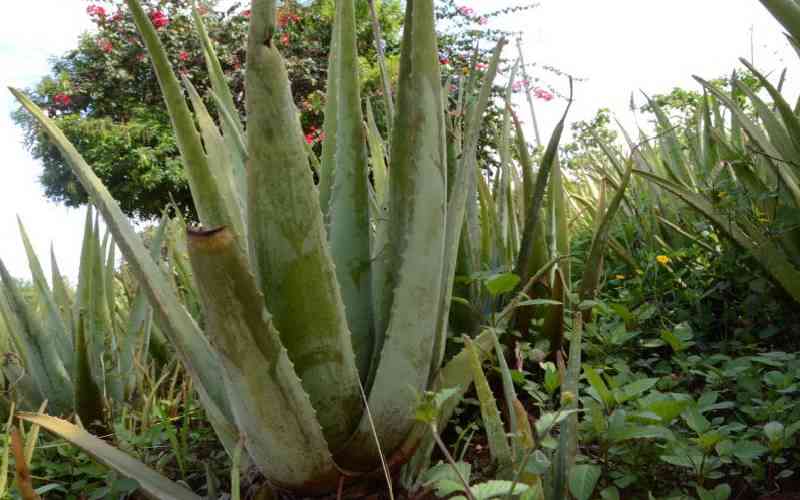×
The Standard e-Paper
Join Thousands Daily

Aloe vera farming is becoming a lucrative business idea in Kenya due to its herbal properties and benefits. Aloe vera is used as an ingredient or raw material to produce several products, especially for the skin. Joseph Lentunyoi from Laikipia shares with Money Maker key lessons on aloe vera farming.